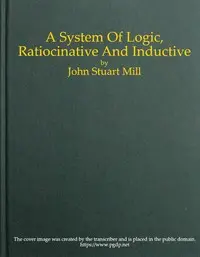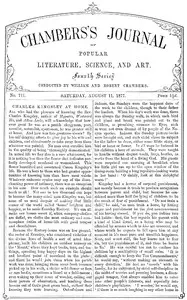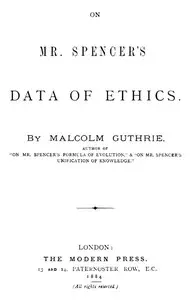"Auguste Comte and Positivism" by John Stuart Mill is a critical philosophical examination written in the mid-19th century. This work analyzes the development and implications of Auguste Comte's positivist philosophy, which asserts that knowledge is derived solely from empirical evidence and observable phenomena. Mill seeks to dissect Comte's contributions while also addressing misconceptions and errors in Comte's thinking regarding the progression and classification of sciences. The opening of the book introduces the concept of positivism and its rise in intellectual discourse during the time. Mill notes how positivism emerged as a significant philosophical movement, particularly responding to the complexities of the theological and metaphysical explanations that dominated prior thinking. He focuses on Comte's argument that human knowledge evolves through distinct stages—starting with theological, moving to metaphysical, and finally reaching the positive stage, where knowledge relies on observable phenomena. Mill positions himself to clarify these ideas and scrutinize Comte’s contributions, thus setting the stage for a critical exploration of the strengths and weaknesses of positivism as a guiding philosophy for understanding human society and science. (This is an automatically generated summary.)

Auguste Comte and Positivism
By John Stuart Mill
"Auguste Comte and Positivism" by John Stuart Mill is a critical philosophical examination written in the mid-19th century. This work analyzes the dev...
Genres
Released
2005-10-09
Formats
mobi (images)
epub3 (images)
epub
mobi
epub (images)
Free Download
Overview
About the Author
John Stuart Mill was an English philosopher, political economist, politician and civil servant. One of the most influential thinkers in the history of liberalism, he contributed widely to social theory, political theory, and political economy. Dubbed "the most influential English-speaking philosopher of the nineteenth century" by the Stanford Encyclopedia of Philosophy, he conceived of liberty as justifying the freedom of the individual in opposition to unlimited state and social control.
Total Reviews
10.0k
Total reviews from Goodreads may change


















